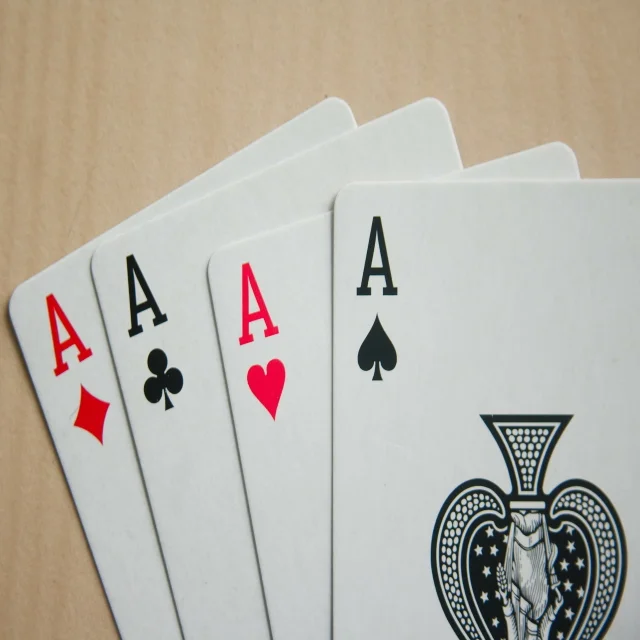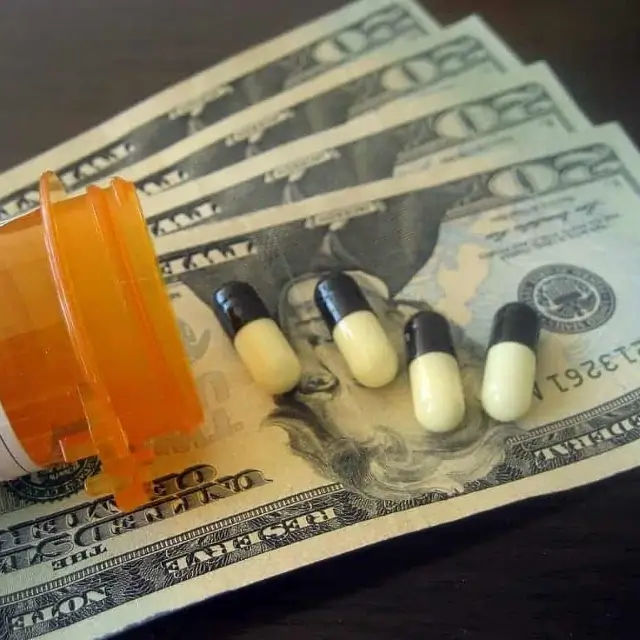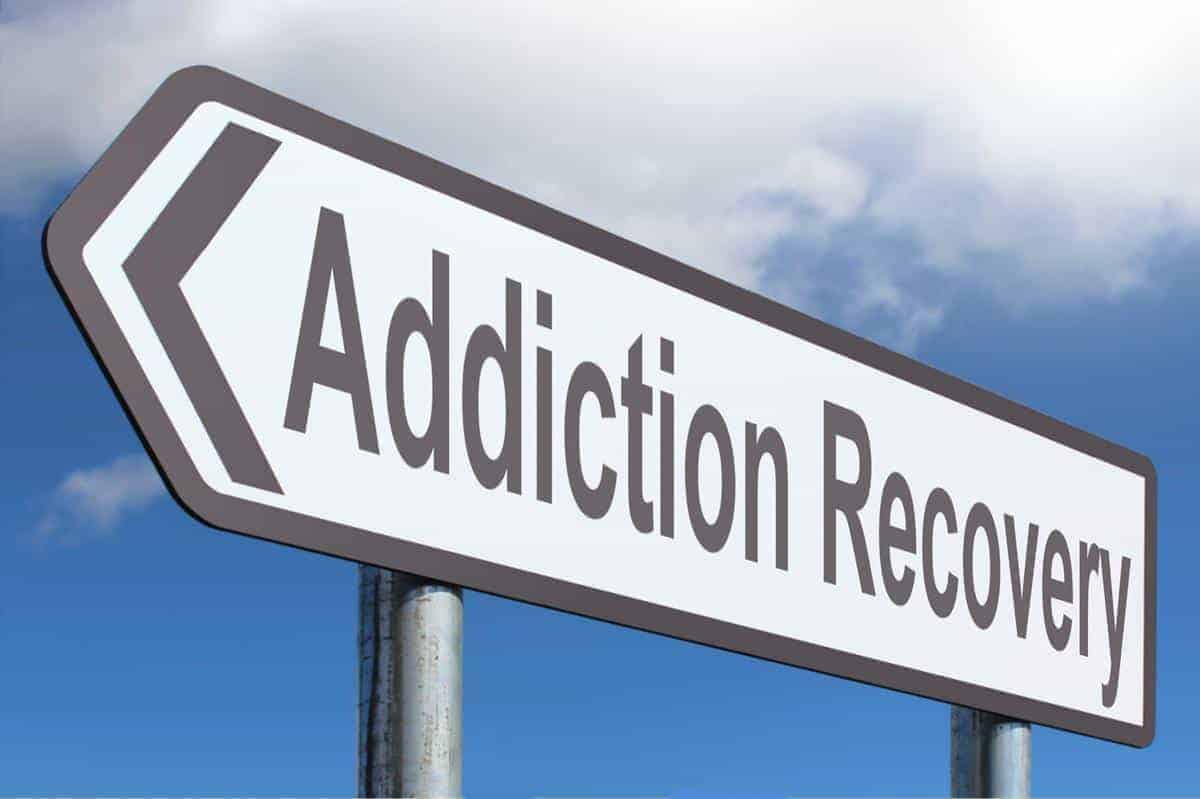Do I have a Gambling Problem?
Problem gambling is estimated to affect just under 1% of the population of the United Kingdom. Problem gamblers experience a range of negative health-related consequences such as depression, insomnia, intestinal disorders and other stress related disorders, as well as financial, social and legal problems.
Gambling Harms
The Royal College of Psychiatrists stated that problem gamblers are more likely than other people to experience the following:
Financial harms: As a result, overdue utility bills and/or borrowing from family friends and loan sharks and/or debts and/or pawning or selling possessions and/or eviction or repossession and/or defaults and/or committing illegal acts like fraud and/or theft and/or embezzlement to finance gambling and bankruptcy.
Family harms: preoccupied with gambling so normal family life becomes difficult and/or increased arguments over money and debts and/or emotional and physical abuse and/or neglect and violence towards spouse/partner and/or children and/or relationship problems and separation/divorce.
Health harms: low self-esteem and/or stress-related disorders and/or anxious, worried or mood swings and/or poor sleep and appetite and/or substance misuse and/or depression, suicidal ideas and attempts.
School/college/work harms: poor school, college or work performance and/or increased absenteeism and/or expulsion or dismissal.
Disorder of Impulse Control
Although the American Psychiatric Association classifies pathological gambling as a disorder of impulse control, many experts view it as an addictive behavior and claim that is correct to describe pathological gambling as an addiction despite the absence of consumption of substances of any sort. Similarly, The APA criteria of pathological gambling is based on a person reporting five or more of the following symptoms:
Committing crimes to get money to gamble.
Restless or irritable when trying to cut back or quit gambling.
Gambling to escape problems and feelings of sadness or anxiety.
Gambling larger amounts of money to try to make back previous losses.
Having had many unsuccessful attempts to cut back or quit gambling.
Lost a job and/or relationship and/or educational or career opportunity due to gambling.
Lying about the amount of time or money spent gambling.
Have to borrow money due to gambling losses but can’t pay it back.
In addition, needing to gamble larger amounts of money so you can feel any excitement.
Spending a lot of time thinking about gambling and remembering past experiences or ways to get more money with which to gamble.
Pathological Gamblers
Pathological gambling is a chronic, relapsing condition similar to alcohol or drug addiction and tends to get worse without treatment. A range of different treatments at a gambling rehab centre are available and many gamblers have received help from support groups, such as Gamblers Anonymous. The principles of GA relate to stopping the addictive behavior through total abstinence for other types of addiction and as such as substance abuse and alcohol dependence, which can also be helpful in the treatment of gambling.
Self-Help – Check Up – Gamblers
As a result, The Royal College of Psychiatrists compiled the following set of questions as a self-help ‘check-up’ for people who may think they have a problem with gambling.
Answer ‘yes’ or ‘no’ to each of these 10 questions:
Do I spend a lot of time thinking about gambling?
Am I spending larger amounts of money on my gambling?
Can I cut down on gambling?
Do I get restless or irritable if I try to cut down my gambling?
Do I gamble to escape from life’s difficulties or to cheer myself up?
Have I lied to other people about how much time or money I spend gambling ?
Do I carry on playing after losing money – to try and win it back?
Have I ever stolen money to fund my gambling?
Has my gambling affected my relationships or my job?
If you have answered ‘yes’
Three times – Problem gambling – your gambling probably feels out of control – think about getting help.
Five or more times – Pathological gambling – your gambling is probably affecting every part of your life – get help.
Call the Haynes Clinic on 01462 851414




